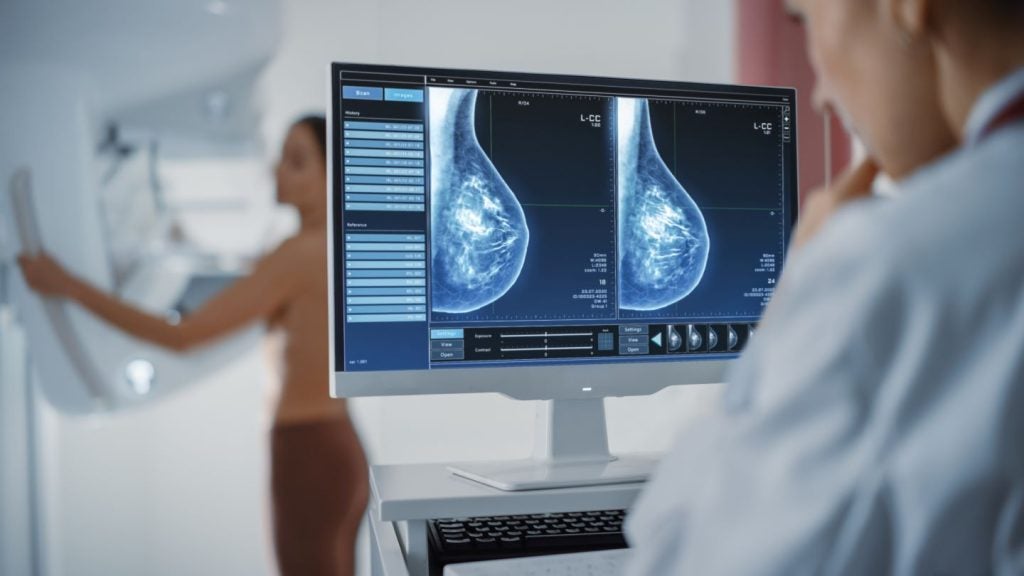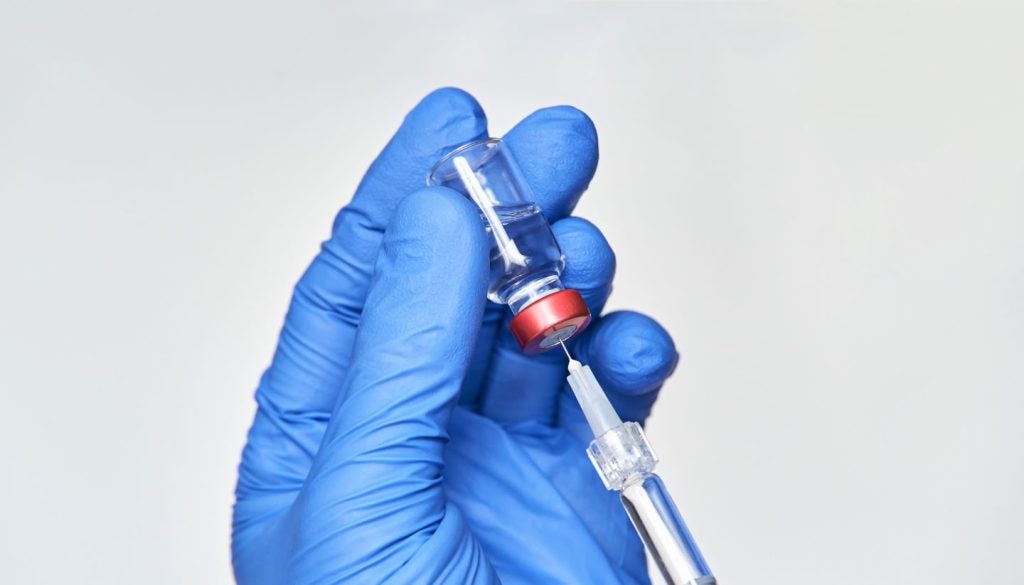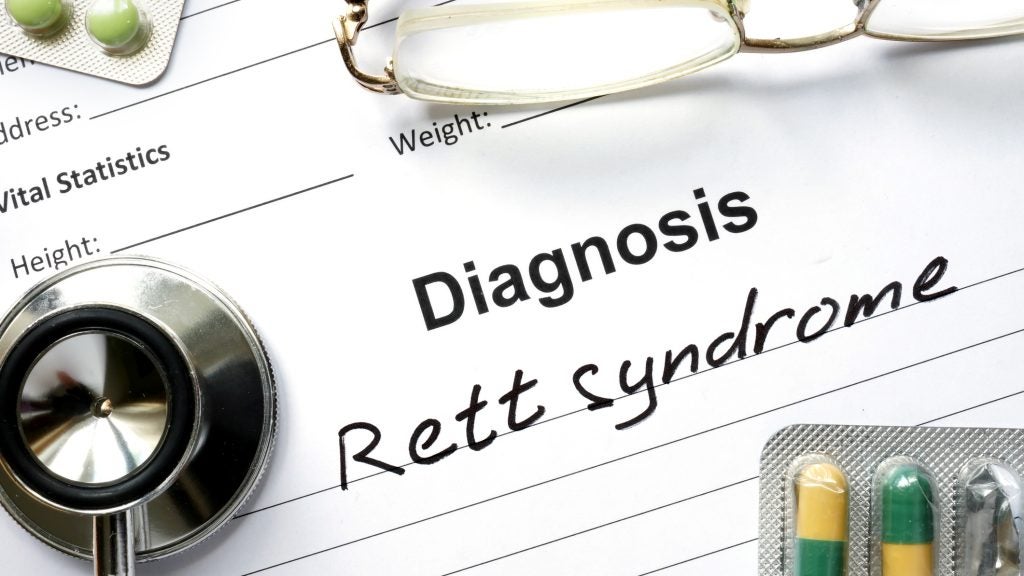Pomalidomide is under clinical development by Bristol-Myers Squibb and currently in Phase II for Myelodysplastic Syndrome. According to GlobalData, Phase II drugs for Myelodysplastic Syndrome have a 30% phase transition success rate (PTSR) indication benchmark for progressing into Phase III. GlobalData’s report assesses how Pomalidomide’s drug-specific PTSR and Likelihood of Approval (LoA) scores compare to the indication benchmarks. Buy the report here.
GlobalData tracks drug-specific phase transition and likelihood of approval scores, in addition to indication benchmarks based off 18 years of historical drug development data. Attributes of the drug, company and its clinical trials play a fundamental role in drug-specific PTSR and likelihood of approval.
Pomalidomide overview
Pomalidomide (Pomalyst / Imnovid) is a derivative of thalidomide and is an immunomodulatory imide drug (IMiD). It is formulated as hard gelatin capsules for oral route of administration. It is indicated in the treatment of adult patients with relapsed and refractory multiple myeloma who have received at least two prior treatment regimens, including both lenalidomide and bortezomib, and have demonstrated disease progression on the last therapy. Pomalidomide in combination with dexamethasone is indicated for the treatment of multiple myeloma. Pomalyst in combination with dexamethasone and bortezomib is indicated in the treatment of adult patients with multiple myeloma who have received at least one prior treatment regimen that included lenalidomide, and it is indicated for adult patients with AIDS-related Kaposi sarcoma whose disease has become resistant to highly active antiretroviral therapy (HAART), or in patients with Kaposi sarcoma who are HIV-negative.
Pomalidomide is under development for the treatment of acute leukemia, myelodysplastic syndrome, pediatric glioblastoma, systemic AL amyloidosis, relapsed/refractory Waldenstrom macroglobulinemia, post-polycythemia vera myelofibrosis, glioblastoma, high-grade glioma, medulloblastoma, ependymoma and diffuse intrinsic pontine glioma (DIPG). The drug candidate was also under development for the treatment of metastatic adenocarcinoma of the pancreas, soft tissue sarcoma, metastatic hormone-refractory prostate cancer, systemic sclerosis (scleroderma), chronic cough and small-cell lung cancer. It was under development for acute myelocytic leukemia, primary myelofibrosis (chronic idiopathic myelofibrosis) and post-essential thrombocythaemia myelofibrosis.
Bristol-Myers Squibb overview
Bristol-Myers Squibb (BMS) is a specialty biopharmaceutical company that is engaged in discovery, development, licensing and manufacturing, marketing, distribution and sale of medicines and related medical products to patients with serious diseases. Its primary focus is on cancer, cardiovascular, immunology and fibrotic therapeutic projects. The company offers its products across the world to wholesalers, retail pharmacies, medical professionals, hospitals and government entities. BMS provides its products in the US, Europe, and Japan. The company conducts research to focus on the discovery and development of novel medicines that address serious diseases in areas of significant unmet medical need. BMS is headquartered in New York City, New York, the US.
For a complete picture of Pomalidomide’s drug-specific PTSR and LoA scores, buy the report here.
Premium Insights
From

The gold standard of business intelligence.
Blending expert knowledge with cutting-edge technology, GlobalData’s unrivalled proprietary data will enable you to decode what’s happening in your market. You can make better informed decisions and gain a future-proof advantage over your competitors.







